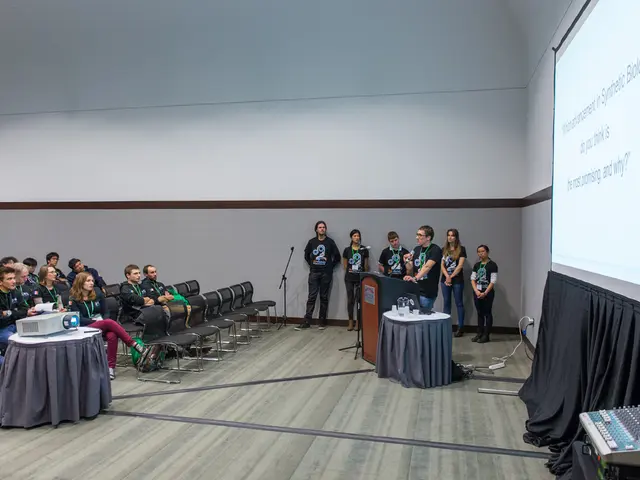Man Charged Over Massive Cyberattack on Rosneft Deutschland
A 30-year-old man has been charged with a significant cyberattack on Rosneft Deutschland, a subsidiary of Russian oil giant Rosneft. The attack, which took place in March 2022, caused substantial damage and disruption to the company's operations.
The suspect, acting under the guise of the Anonymous hacking collective, allegedly stole around 20 terabytes of data and deleted information from critical systems. The attack was claimed to be motivated by Rosneft's close ties to Russian President Vladimir Putin and its efforts to evade sanctions.
The stolen data was later published on a website allegedly run by the accused and two other members of the group. The suspect faces two counts of data espionage, including one charge of particularly serious computer sabotage. The attack incapacitated Rosneft Deutschland's IT systems, leading to millions of euros in damages. The company was forced to shut down its systems and launch a forensic investigation, incurring follow-up costs of about €9.76 million ($11.39 million). Delivery logistics were also hampered, resulting in additional economic losses of roughly €2.6 million (over $3 million). Germany's Federal Office for Information Security warned that the incident had limited the company's ability to provide critical services.
The suspect's identity remains unknown to the public, as they were acting under the anonymizing banner of 'Anonymous Germany'. The charges against him reflect the serious nature of the attack and its consequences. The incident serves as a reminder of the potential impact and costs associated with cyberattacks on critical infrastructure.
Read also:
- InformationWarfare in the Modern Era: Enhancing an Information Strategy for today's Battlefield and Botnet Threats
- Ukraine's Drone Revolution: Rapid Evolution and Countermeasures
- EU's Energy Infrastructure Under Siege: Cyber Attacks Surge 67% in 2025
- Vito Schnabel's Art & Real Estate Fortune Tops €10.4M






